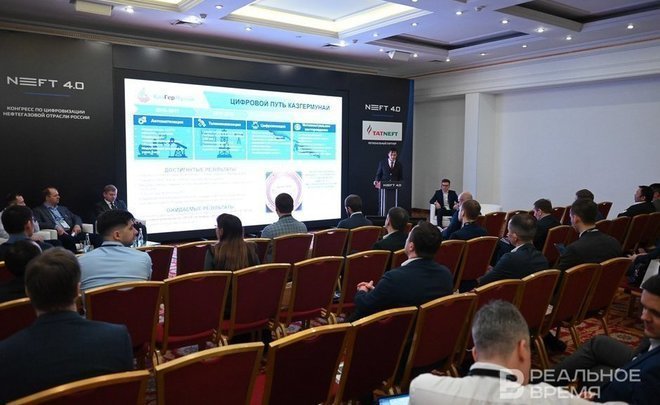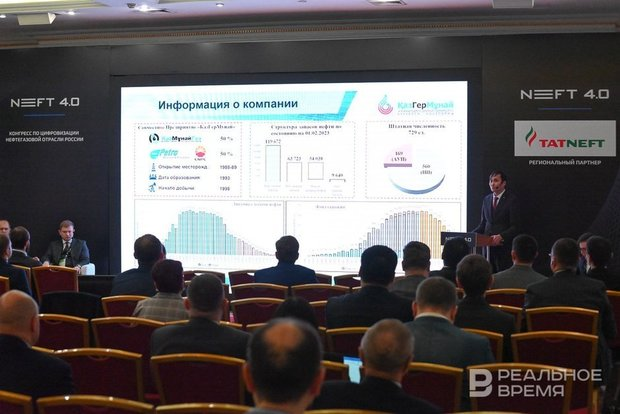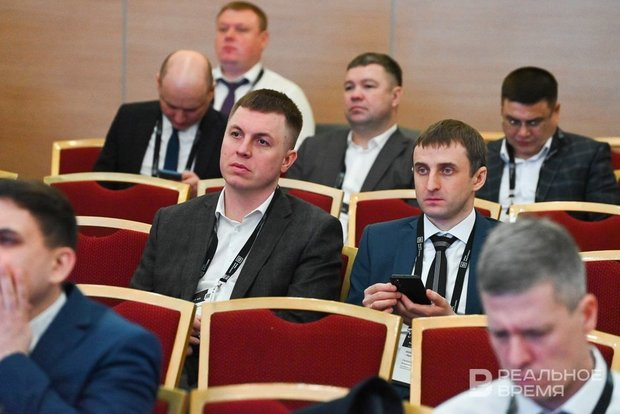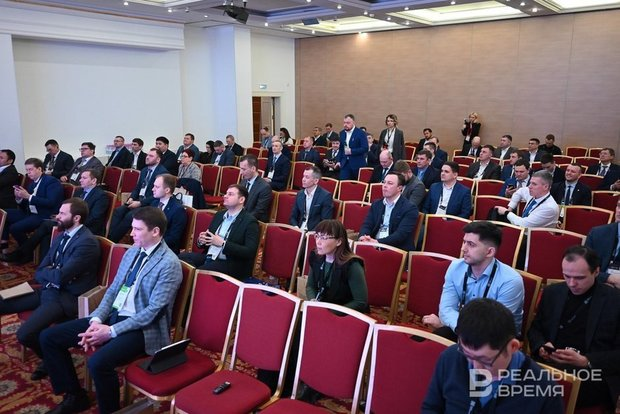Oil companies earning from digital ‘twins’
RITEK managed to get 1.2 billion rubles from intellectual fields whereas SIBUR did 7.6 billion from production digitalisation

With the exit of Western companies, digitalisation in Russia’s oil and gas sector didn’t stop, but now there is the task of global substation of imports and a transition to its own IT developments. Vice Director General of Russian Energy Agency of the Russian Energy Ministry Dmitry Zavalov claimed this at NEFT 4.0 congress dedicated to the digitalisation of Russia’s oil and gas sector, which was in Kazan this time.
Digital twin technology used in many companies
The state pays great attention to digitalisation development in the Fuel and Energy Complex, but companies themselves go ahead in development, said Vice Director General of Russian Energy Agency of the Russian Energy Ministry Dmitry Zavalov.
“The penetration rate of digital technologies provides stable operation of all business processes. Many companies use digital ‘twin’ technologies, which helps control production, transportation, processing and sale processes remotely,” he noted.
Product Development Director of InfoWatch GC Alexey Petukhov delivered a report on the protection of data and infrastructure of enterprises of the oil and gas sector in 2023 at the congress. He talked about the specifics of the application of InfoWatch’s technology in detail considering the challenges of import substitution and digitalisation.
Board Chairman of Strategic Partnership Development in the Oil and Gas Sector at Petrocouncil.kz Asylbek Jakiyev shared experience of introducing a public digitalisation programme of Kazakhstan’s Fuel and Energy Complex. According to him, since last year, mineral producers have been obliged to add data on oil production and processing to an electronic programme that allows controlling all processes in the sector.

Programme for staff
A similar programme will soon appear in Russia. Nowadays Russian Energy Agency is completing the elaboration of the digital twin of the whole Russian Fuel and Energy Complex, Dmitry Zavalov said in a talk with Realnoe Vremya. All key data of the complex will be collected here.
“It was planned to offer a demo version of the twin till the end of the year. But the idea was rejected due to the well-known events not to cause unhealthy interest. This programme will be used only by staff, it won’t be in public domain,” explained Zavalov.
Today the sector actively uses modern intellectual oil and gas field exploration technologies. It is profitable for oil companies to invest in their creation. So RITEK managed to get 1.2 billion rubles of economic effect from the launch of digital twins at 9 fields in Russia (three of them are in Tatarstan), read a presentation of the company’s project.
Head of Digital Production and Technology Transformation of SIBUR Dmitry Anashkin said that the launch of digital instruments provided an accumulated economic effect of 7.6 billion rubles in just one production project. While the company has many.

“Quick forecast for investment efficacy”
When choosing fields for capital investment, Tatneft calculates the profitability first with EPSILON software. According representative of TatNIPIneft institute Rafael Khafizov, such a forecast permits readjusting amid currency and oil price ups and downs.
“This programme can quickly recalculate where it is more effective to invest capital money and offer priority fields in a day. It is a kind of quick forecast for the efficacy of investments in fields,” he noted.
The problem of conservation of economic profitability of oil production remains hot-button amid reserve exhaustion. This programme allows creating a long-term programme of geological and technical measures considering a company’s investment portfolio, explained Khafizov. TatNIPI continued developing its product in 2021-2022.
“Now the annual optimisation of the economic model given changes in the tax system, integration with other projects is underway now. The forecast is made according to fields’ debit and the state of the layer. Considering this data, the optimal technological models allowing achieving macroeconomic indicators are looked for,” the speaker concluded.

NEFT 4.0 is an annual congress devoted to the digitalisation of the oil and gas sector of Russia aimed to support Russian enterprises when the IT market is redesigned.
2022 became a year of new challenges for the Russian automation and digitalisation market. The creation of reliable partnerships in the domestic market is of paramount importance for the further development of the Russian oil and gas sector. This year more than 200 top managers from leading oil, gas and IT companies of Russia gathered at NEFT 4.0 to discuss new development strategies.